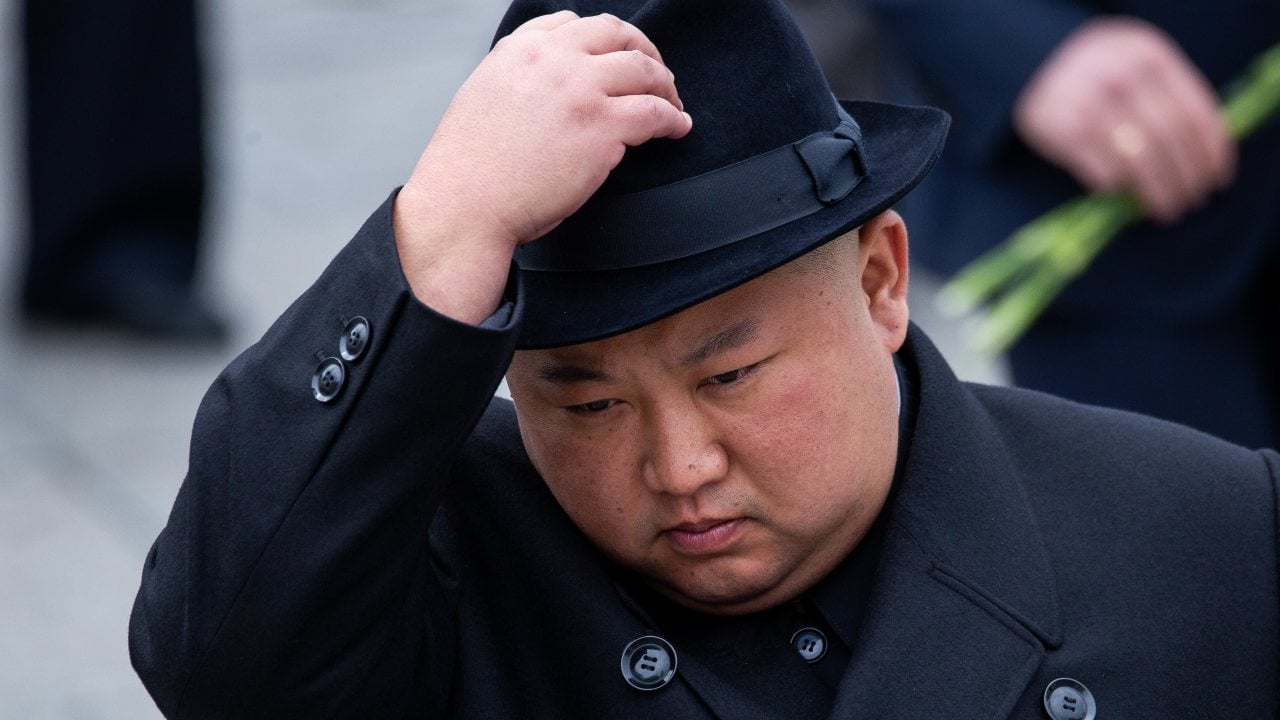Kamala Harris on North Korea: Change or Continuation?
As the current policy and economic sanctions have proven unsuccessful, a new approach to American foreign policy on the Peninsula is needed if the United States, and especially Harris, remains committed to peace and stability including denuclearization on the peninsula.
Despite many efforts and different strategies, both previous and current U.S. administrations have been unsuccessful in preventing the Democratic People’s Republic of Korea (DPRK) from developing its nuclear and missile programs, a main objective of the U.S. policy on DPRK.

According to the SIPRI 2024 Yearbook, the DPRK is now estimated to have approximately fifty warheads, a sharp increase from the thirty that had been developed by early 2023. Heavy sanctions for decades, deterrence and defense strategies, alliances, and partnerships have all failed to achieve the stated objective of denuclearization. However, they have prevented a resumption of open hostilities whilst maintaining a fragile peace on the peninsula.
With the recent strategic partnership with Russia, continued arms race in the region, and ongoing provocations, tensions on the Korean Peninsula are rising, involving a key U.S. ally and some 28,000 U.S. troops. These developments raise questions about how a new president will shape U.S. foreign policy on North Korea.
Denuclearization of the Korean Peninsula has long been a central focus of American foreign policy in the region. The outgoing Biden administration has focused on forging and strengthening alliances, particularly with South Korea and Japan, in an attempt to deter and counter Pyongyang’s advancement of its nuclear and missile programs. The preceding Trump administration, in contrast, engaged directly with Kim Jong-un multiple times, and Donald Trump expressed his intention at the recent Republican National Convention to forge a friendship with Kim if elected president again.
Democratic Party nominee Kamala Harris has taken a firm stance against Trump’s remarks, saying she, “will not cozy up to tyrants and dictators like Kim Jong-un.”
Harris made similar remarks during a visit to South Korea and the demilitarized zone in 2022, condemning the Kim regime for its nuclear weapons program and provocative missile launches, whilst reiterating the U.S.’ alignment with South Korea and commitment to denuclearizing the Korean Peninsula.
But given the increasingly complex situation on the Korean Peninsula and the overall geopolitical situation, what approach might Harris take, and what would be needed to change the current trajectory?
Woulda, Coulda, Shoulda
The Harris campaign does not seem to have an articulated North Korea policy yet but is unlikely to deviate much from the current Biden administration’s DPRK strategy. A potential Harris administration would maintain the emphasis on deterrence and alliances, just as the Democratic Party has done under both Barack Obama and Joe Biden.
As part of the Biden administration, Harris has contributed to shaping the U.S.’ DPRK strategy over the last four years, including efforts to strengthen relations with key U.S. allies South Korea and Japan. Little suggests that she will take on a different, whether more diplomatic or aggressive, approach to the DPRK than her predecessors, and she will likely continue maintaining and imposing new sanctions on Pyongyang. However, a difference between the 2020 and 2024 Democratic Party Platform is the lack of explicit mention of denuclearization, as compared to previous party platforms which have emphasized denuclearization as the central goal of U.S. foreign policy on the Korean Peninsula.
Instead, the Democratic Party Platform 2024 focuses on maintaining trilateral cooperation with Japan and South Korea to counter the DPRK’s destabilizing nuclear and missile programs and maintain peace on the Korean Peninsula. The party platform also proposes modernizing the U.S. nuclear arsenal to deter threats from the DPRK. The Harris administration has since confirmed that it will maintain denuclearization as a priority, however, mirroring the Biden administration’s strategy. Little suggests that maintaining denuclearization as a main objective or even a precondition for any engagement with the North Korean regime will achieve a breakthrough.
As the current policy and economic sanctions have proven unsuccessful, a new approach to American foreign policy on the Peninsula is needed if the United States, and especially Harris, remains committed to peace and stability including denuclearization on the peninsula. In addition, the current trajectory is full of serious risks to U.S. national interests. Changing this trajectory needs to include both short-term and long-term policies and needs to include engagement with North Korea.
Changing the calculus in Pyongyang to accept an engagement with Washington and others will not be easy and will take time, as North Korea, after the strategic agreement with Russia, now is in a more favorable position, both in political, military, and economic aspects, to negotiate. In the short term, Harris would need to put more focus on designing risk reduction mechanisms to prevent further escalation. Additionally, to convince North Korea that engagement with the United States is an acceptable option, Harris would need to comprehensively align U.S., South Korea, and Japanese policies on North Korea; encourage South Korea to form a bipartisan long-term policy on North Korea; and accept denuclearization as a long-term objective, after normalization of relations, a peace treaty, and the lifting of several sanctions.
However, given the ongoing wars in Ukraine and Gaza, the very polarized domestic political landscape in the United States and Pyongyang and the geopolitical rivalry with China, such a policy shift is unlikely.
About the Author
Mats Engman, Head of the Korea Center and Distinguished Military Fellow, ISDP, Stockholm, Sweden.
Image Credit: Creative Commons and/or Shutterstock.


